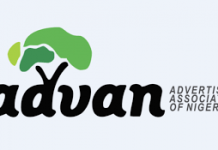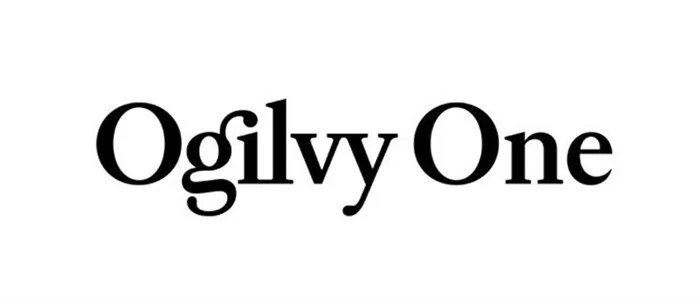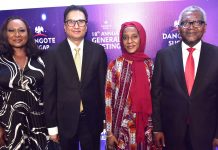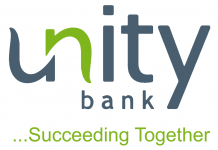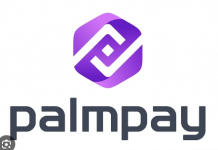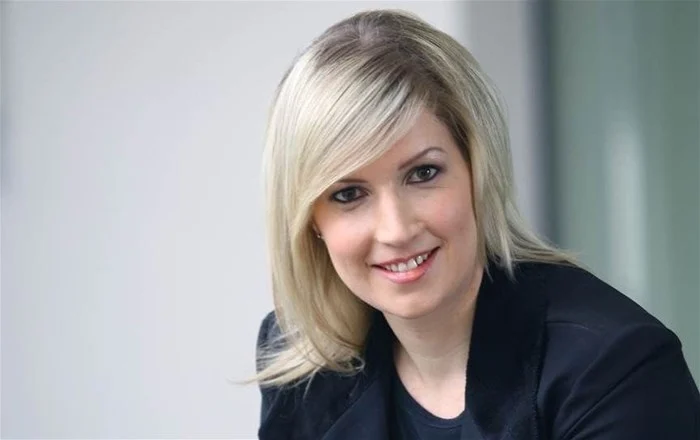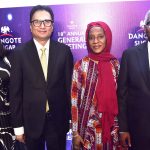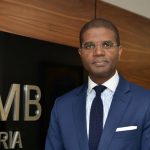The Federal Government, on Wednesday, said it has launched a $2bn fund to connect all of Nigeria’s 774 local government areas through fibre optics.
It said while the African Development Bank has pledged $200m, the World Bank, the African Export and Import Bank and the United States Export and Import Bank are among donors.
The FG revealed that Imo, Kogi and Zamfara are among eight states to benefit from the pilot phase of the project.
This was revealed by the Minister of Communications, Innovation and Digital Economy, Dr Bosun Tijani, on Wednesday when he briefed State House correspondents after the Federal Executive Council meeting at the Aso Rock Villa, Abuja.
Tijani said, “In the next six months, our goal is to reach at least eight of the states…and cover the entire country…we are setting up a $2 billion fund.”
Tijani stated that achieving total connectivity for the nation would require 120,000km of fiber optic cables, with the current status being only 35,000km of cables.
In a white paper published in January 2024, the Ministry emphasised the crucial need for expanding Nigeria’s broadband access through the development of national backbone and middle mile infrastructure, aiming for increased internet adoption and a 70 percent broadband penetration target by 2025.
It said the strategic importance of deploying at least 120,000km of fibre optic cables lies in superior connectivity, noting the disparities in coverage across regions.
To address the challenges of market viability and enhance digital inclusion, the paper ministry proposed what it called the National Broadband Alliance for Nigeria, a collaborative effort aimed at fostering broadband development, addressing low internet consumption, and positioning Nigeria for digital transformation.
This initiative, it said, is expected to drive economic and social development by improving access to education, healthcare, financial services, e-commerce and e-governance.
He explained the mechanisms for its implementation, saying, “The first thing we’re doing, which Mr. President is pushing, is leveraging existing infrastructure that we have within NIGCOMSAT, which is the satellite company. Most of you know that Nigeria is the only country in West Africa with a satellite.
“We’re also leveraging the fiber network of Galaxy Backbone to deploy connectivity to all the 774 local government Secretariat. Those who are following that project, which was announced about three weeks ago, would also see that we’ve actually started the connectivity.
“So a number of local government secretariats in Kogi State are now connected, a number in Zamfara are being connected this week, a number in Imo State are being connected this week. In the next six months, our goal is to reach at least eight of the states within the country to demonstrate the pilot and the goal is to then take it from there and cover the entire country.”
Tijani said if these local government Secretariats are the closest form of government to the people, and if connected, “we can help them use technology to serve the people better, but also to enhance security significantly as well.”
He added that the President had given his nod for the sourcing of $2bn to power the project.
The Minister said although less than $1bn would suffice, the extras are necessary to “drive down the cost of connectivity in the country.”
“Again, what drives connectivity in any country is the fiber optic network. This is the biggest foundation for connectivity. Nigeria is projected to invest in 120,000km of fiber optic cable to be able to cover the entire country. At the moment, we’re at about 35,000km.
“We’ve done the numbers working with the best companies in this space. It will cost us less than $1bn to complete the deployment of fiber optic cable. And the President has given the go ahead for us to source funds for that.
“So we are in the process of setting up a $2 billion fund. I said it costs less than $1bn. But the reason why we’re setting up a $2bn fund is to use the balance to drive down the cost of connectivity in the country. We want to ensure that all schools hospitals in the country are connected, and all government facilities as well. So we are in the process of setting up this fund,” he added.
The Minister said the African Development Bank has pledged $200m as talks are ongoing with the World Bank, African Export and Import Bank, and the United States Export and Import Bank, among others.
He noted, “We’ve already received significant interest from the African Development Bank who are looking to put about $200m into this. We’ve had an extensive and deep conversation with the World Bank on this as well.








